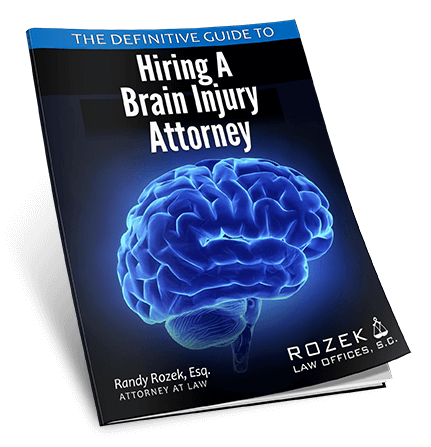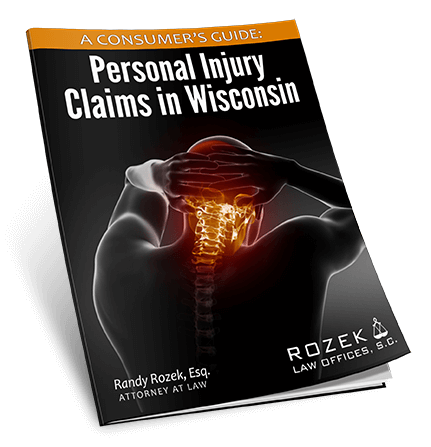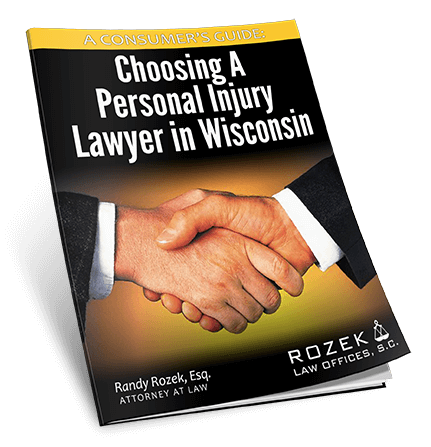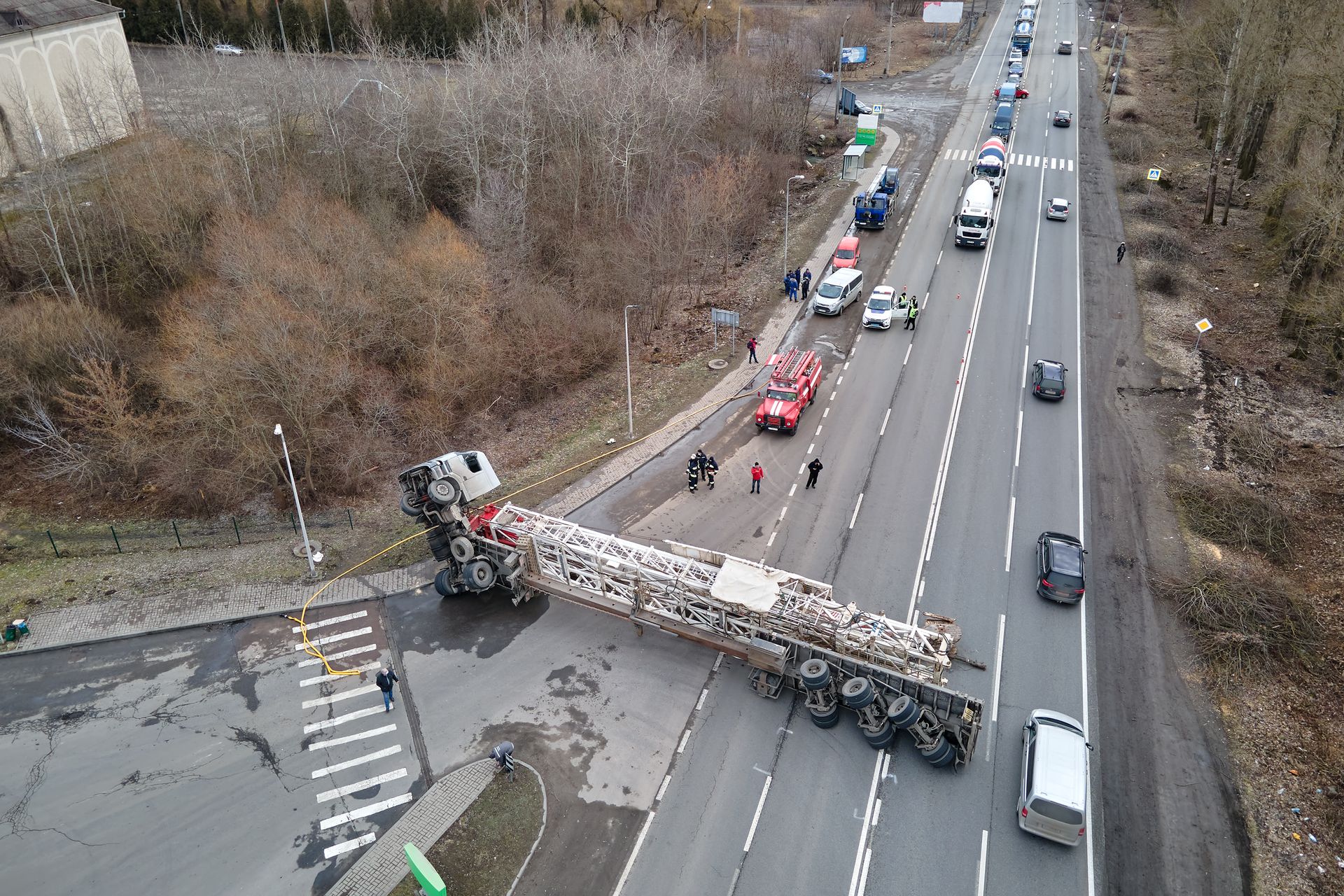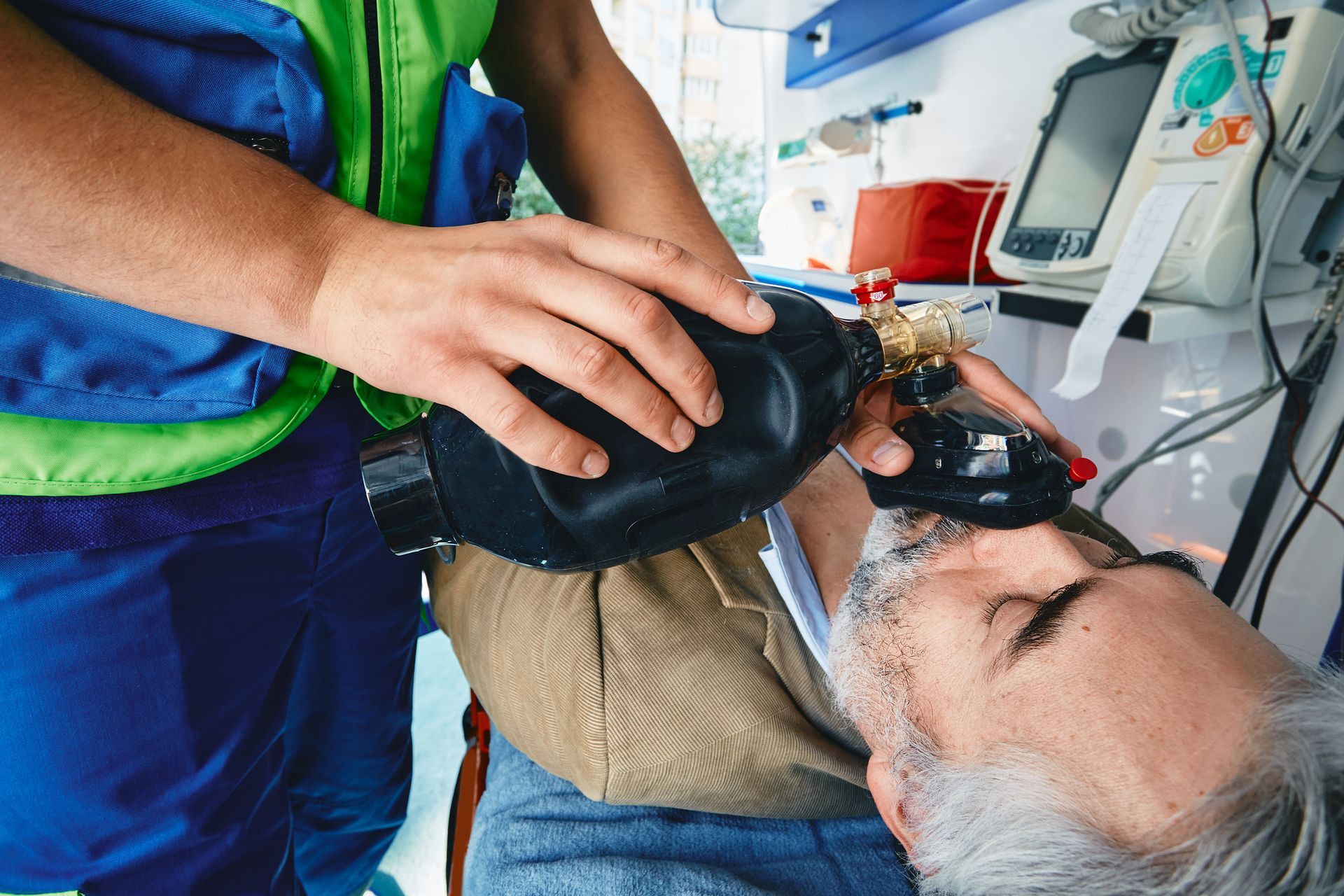Brain Injury Lawyer
in Racine, Wisconsin
in Racine, Wisconsin
If You Have Sustained A Brain Injury in Racine, Wisconsin, Consulting
The Right Brain Injury Attorney Can Make All The Difference

Racine, Wisconsin Brain Injury Attorney
A Racine traumatic brain injury
attorney, is well-versed in representing brain injury survivors. Traumas of the brain can inhibit the victim’s ability to perform everyday tasks. Unfortunately these brain injuries can affect not only the victim’s physical functions but can also take a toll on their loved ones.
Attorney Randy Rozek has successfully represented victims of brain injuries throughout the state of Wisconsin. Victims of traumatic brain injury in Racine, WI and the Racine County area should contact Attorney Rozek.
Cities:
- Burlington (partly in Walworth County)
- Racine (county seat)
Villages:
- Caledonia
- Elmwood Park
- Mount Pleasant
- North Bay
- Rochester
- Sturtevant
- Union Grove
- Waterford
- Wind Point
What is a TBI?
The Brain Injury Association of America defines TBI as an alteration in brain function, or other evidence of brain pathology, caused by an external force. More specifically, TBI is a brain dysfunction usually caused by a violent blow to the head or jolt to the body.
According to the Centers for Disease and Control Injury Prevention Center (CDC), the leading causes of traumatic brain injury
are falls at about 40%, unknown or other at 19%, motor vehicle at nearly 15%, struck by or against at almost 16% and assault at 10%. Although the percentages do change, falls still remain the number one cause of TBI.
Emergency personnel typically determine the severity of a brain injury by using an assessment called the Glasgow Coma Scale (GCS). The terms Mild Brain Injury, Moderate Brain Injury, and Severe Brain Injury are used to describe the level of initial injury in relation to the neurological severity caused to the brain. It’s important to keep in mind that there is nothing “Mild” about a brain injury. The term “Mild” Brain injury is used to describe a level of neurological injury. Any injury to the brain is a real and serious medical condition.
TBI Statistics
The CDC also reported the following but it’s important to keep in mind that these statistics represent estimates of outcomes resulting from TBI each year.
Brain injury can result in:
- 52,000 deaths;
- 280,000 are hospitalized; and
- 2.2 million are treated and released from an emergency department.
Among children ages 0 to 14 years, TBI results in an estimated
- 2,685 deaths;
- 37,000 hospitalizations; and
- 435,000 emergency department visits.
*The number of people with TBI who are not seen in an emergency department or who receive no care could not be accounted for.
Symptoms of TBI
Some symptoms of mild TBI include:
- Headache
- Fatigue
- Sleep disturbance
- Irritability
- Sensitivity to noise or light
- Balance problems
- Decreased concentration and attention span
- Decreased speed of thinking
- Memory problems
- Nausea
- Depression and anxiety
- Emotional mood swings
Severe brain injury is further categorized into subgroups with separate features:
- Coma
- Vegetative State
- Persistent Vegetative State
- Minimally Responsive State
- Akinetic Mutism
- Locked-in Syndrome
What do I do if I have TBI?
If you have a suspected brain injury, you should contact a physician immediately, go to the emergency room, or call 911 in the case of an emergency. The bottomline is that you should not hesitate to seek medical attention even if the symptoms disappear after a few hours after an incident.
We also encourage you to contact a qualified brain injury attorney to learn about your rights and to receive the professional legal expertise you need to win your case.
At Rozek Law Offices, our veteran brain injury lawyer Randy Rozek has successfully handled several TBI cases representing clients from the Racine area who have suffered mild to severe brain injuries.
Rozek Experience
Seasoned personal injury attorney Randall Rozek is fit to fight for the youngest of victims and be their voice. He has dedicated his career to serve this cause as he is part of the Board of the Traumatic Brain Injury Litigation Group of the American Association for Justice and is the editor of the Journal of Traumatic Brain Injury Litigation. A member of the Brain Injury Association of America, Rozek also speaks to lawyers and doctors to educate them on issues concerning victims of TBI. In May of 2016, a jury returned a $7.25 million verdict in a difficult bicycle vs. pickup truck collision after only 3 days of trial. The award was based on Rozek’s success at excluding certain damaging evidence and overcoming unfavorable testimony from the defendant, investigating police officer and an independent witness. In his closing, Rozek asked for $5.25 million, but the jury recognized the severity of his client’s injury and instead awarded $7.25 million.


